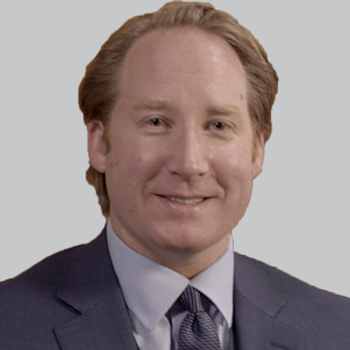
At AHS 2025, Eric Baron, DO, headache specialist at Cleveland Clinic, presented findings from a cross-sectional survey that examined psychedelic use among Canadian patients with migraine and cluster headache.

At AHS 2025, Eric Baron, DO, headache specialist at Cleveland Clinic, presented findings from a cross-sectional survey that examined psychedelic use among Canadian patients with migraine and cluster headache.
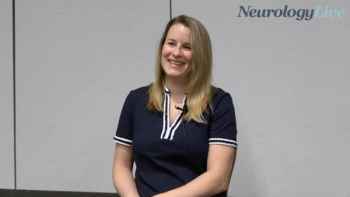
At AHS 2025, the assistant professor of neurology at Wake Forest Baptist Atrium Health discussed clinical interventions for women with enlarged breast who experience headache. [WATCH TIME: 4 minutes]
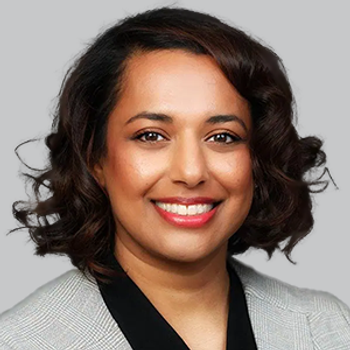
Amaal Starling, MD, FAHS, FAAN, associate professor of neurology at Mayo Clinic College of Medicine, shared data recently presented at AHS 2025 showing that eptinezumab extended the time between migraine attacks.
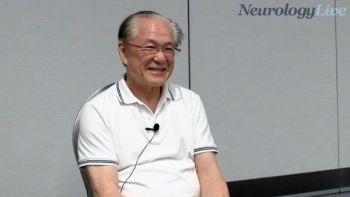
The professor and chair of neuroscience at UT Southwestern Medical Center discussed how circadian clock genes regulate cellular metabolism and potentially influence headache. [WATCH TIME: 6 minutes]
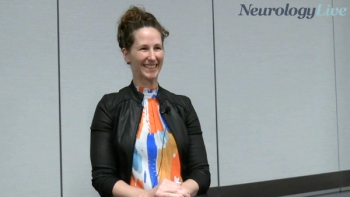
The headache neurologist at the Barrow Neurological Institute talked about an international expert panel that established agreed-upon definitions for refractory and resistant migraine. [WATCH TIME: 4 minutes]
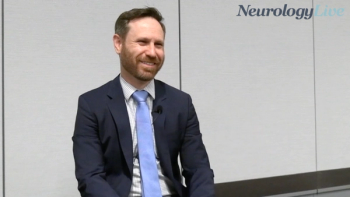
At AHS 2025, the associate clinic director at the UC San Diego talked about the cautious use of cannabinoids in migraine and the importance of standard therapies before cannabinoids. [WATCH TIME: 3 minutes]
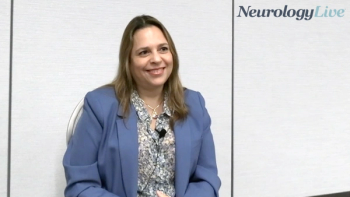
The director of the Brotman Facial Pain Clinic at the University of Maryland talked about emerging preclinical evidence supporting adenosine A3 receptor activation for post-traumatic trigeminal neuropathic pain. [WATCH TIME: 5 minutes]

At AHS 2025, Elizabeth Seng, PhD, professor of neurology at Albert Einstein College of Medicine, presented findings from a study showing that migraine was associated with increased odds of ischemic stroke in veterans.
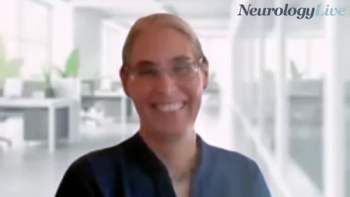
The corporate vice president of medical information and research at Theranica discussed long-term findings presented at AHS 2025 covering the company’s Nerivio remote electrical neuromodulation device for patients with migraine. [WATCH TIME: 5 minutes]
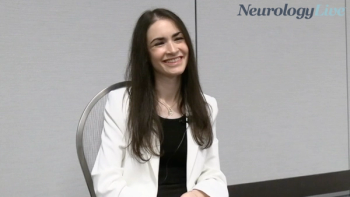
The postdoctoral neuropsychology fellow at North Shore University Hospital talked about recognizing and aligning subjective cognitive complaints with objective assessments in patients with migraine during the interictal period. [WATCH TIME: 6 minutes]
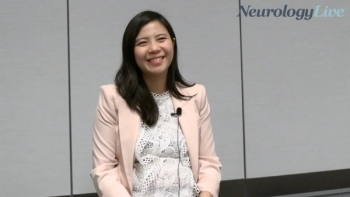
The associate professor of neurology at Mayo Clinic Rochester talked about using artificial intelligence-electrocardiogram at baseline to predict adverse vascular events in patients with migraine. [WATCH TIME: 5 minutes]
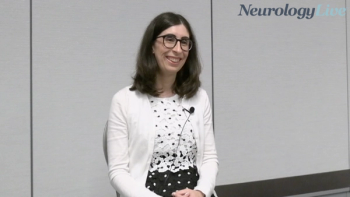
At AHS 2025, the assistant professor of neurology at the Icahn School of Medicine at Mount Sinai highlighted the challenges LGBTQIA+ individuals may face in migraine care. [WATCH TIME: 6 minutes]

The assistant professor of neurology at Wake Forest Baptist Atrium Health discussed emerging research on how breast size may contribute to headache disorders, including migraine. [WATCH TIME: 5 minutes]
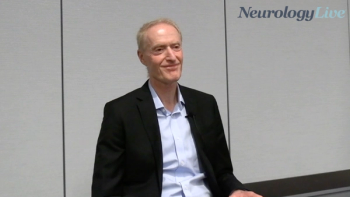
The professor of neuroscience at Harvard Medical School highlighted gaps in headache care access, provider training, and medication availability in regions like Kenya and the Philippines. [WATCH TIME: 5 minutes]

The professor and chair of neuroscience at UT Southwestern Medical Center offered an overview on his keynote lecture presented at AHS 2025 on the circadian clock in relation to headache.
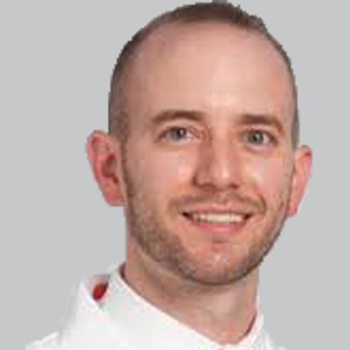
Patients using intranasal zavegepant for acute migraines report significant pain relief and improved daily functioning, highlighting its real-world effectiveness.
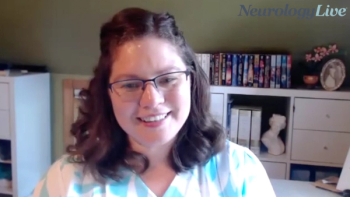
The professor of neurology at Albert Einstein College of Medicine talked about new findings presented at AHS, which suggested that both men and women with migraine can face significantly increased risks of ischemic stroke. [WATCH TIME: 5 minutes]
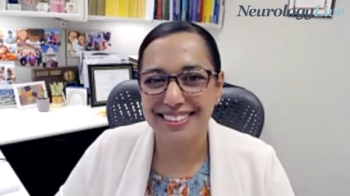
The associate professor of neurology at Mayo Clinic College of Medicine discussed findings presented at AHS 2025 from a post hoc analysis of the phase 3b DELIVER study testing eptinezumab in patients with migraine. [WATCH TIME: 5 minutes]
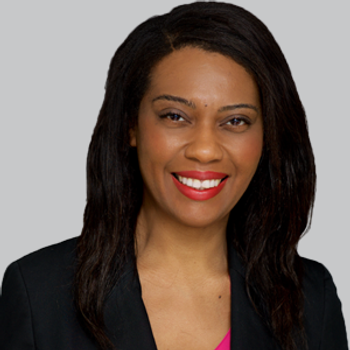
A recent survey reveals rimegepant's effectiveness for short-term migraine prevention, highlighting user demographics, triggers, and treatment strategies.
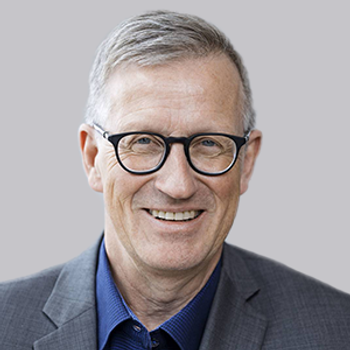
Eptinezumab showed significant efficacy in reducing chronic migraine days in Asian patients, potentially addressing a critical unmet need for effective treatments.
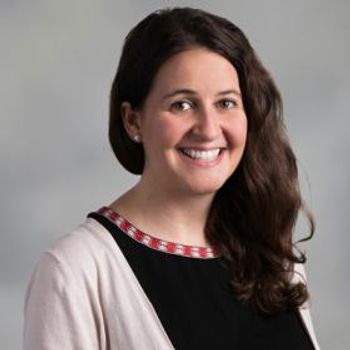
A recent survey reveals critical gaps in neurology training on women's health, highlighting the need for urgent curriculum reforms in medical education.
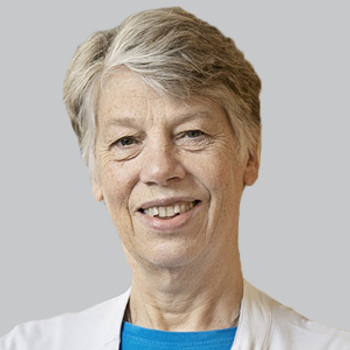
New findings reveal eptinezumab significantly reduces migraine days and medication use in chronic migraine patients, offering hope for effective treatment.

Chia-Chun Chiang, MD, associate professor of neurology at Mayo Clinic Rochester, discussed how AI-based ECG and imaging tools can aid in predicting stroke and cardiovascular outcomes in patients with migraine.
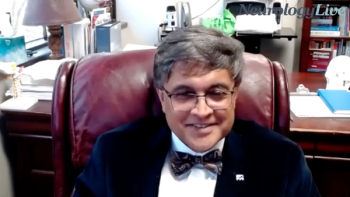
The chair of neurology at the University of South Carolina discussed findings from a study recently presented at AHS 2025 that linked migraine to autonomic dysfunction, increased risk of atrial fibrillation, and cardioembolic stroke. [WATCH TIME: 5 minutes]
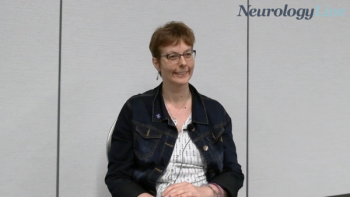
The neurologist and headache specialist at the Montreal Neurological Clinic spoke about a recent national survey presented at AHS 2025 that revealed insightful patient perspectives in migraine. [WATCH TIME: 5 minutes]

Jennifer Robblee, MD, MSc, headache neurologist at the Barrow Neurological Institute, talked about an expert panel that developed a consensus definition for refractory migraine.
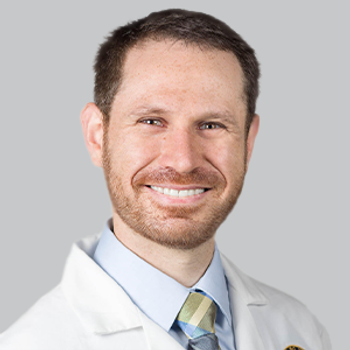
Nathaniel M. Schuster, MD, associate clinic director at the UC San Diego, talked about findings from a study of vaporized cannabis in treating patients with acute migraine presented at AHS 2025.

Laura Sebrow, PhD, a post doctoral neuropsychology fellow at North Shore University Hospital, discussed the relationship between patients’ reported cognitive difficulties and measurable cognitive performance during different migraine phases.

Marcela Romero-Reyes, DDS, PhD, FAHS, director of the Brotman Facial Pain Clinic at the University of Maryland, discussed a promising and potentially safer therapeutic approach for managing trigeminal neuropathic pain.
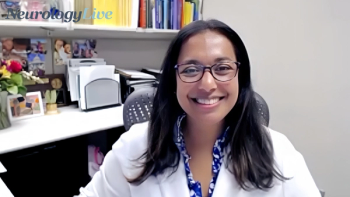
The associate professor of neurology at Mayo Clinic College of Medicine discussed findings from a post-hoc analysis of the phase 3 PREVAIL study presented at AHS 2024 assessing eptinezumab in patients with chronic migraine. [WATCH TIME: 4 minutes]